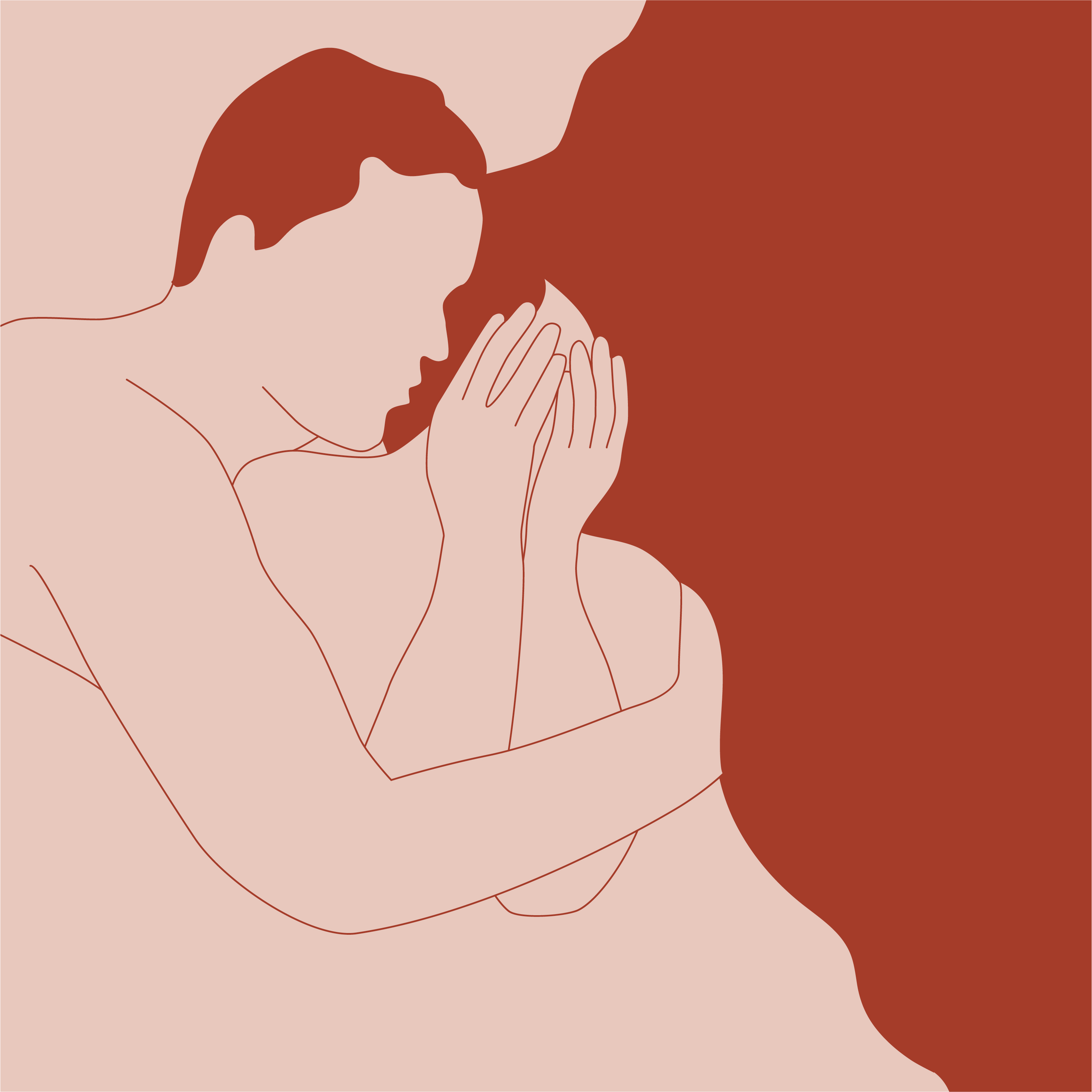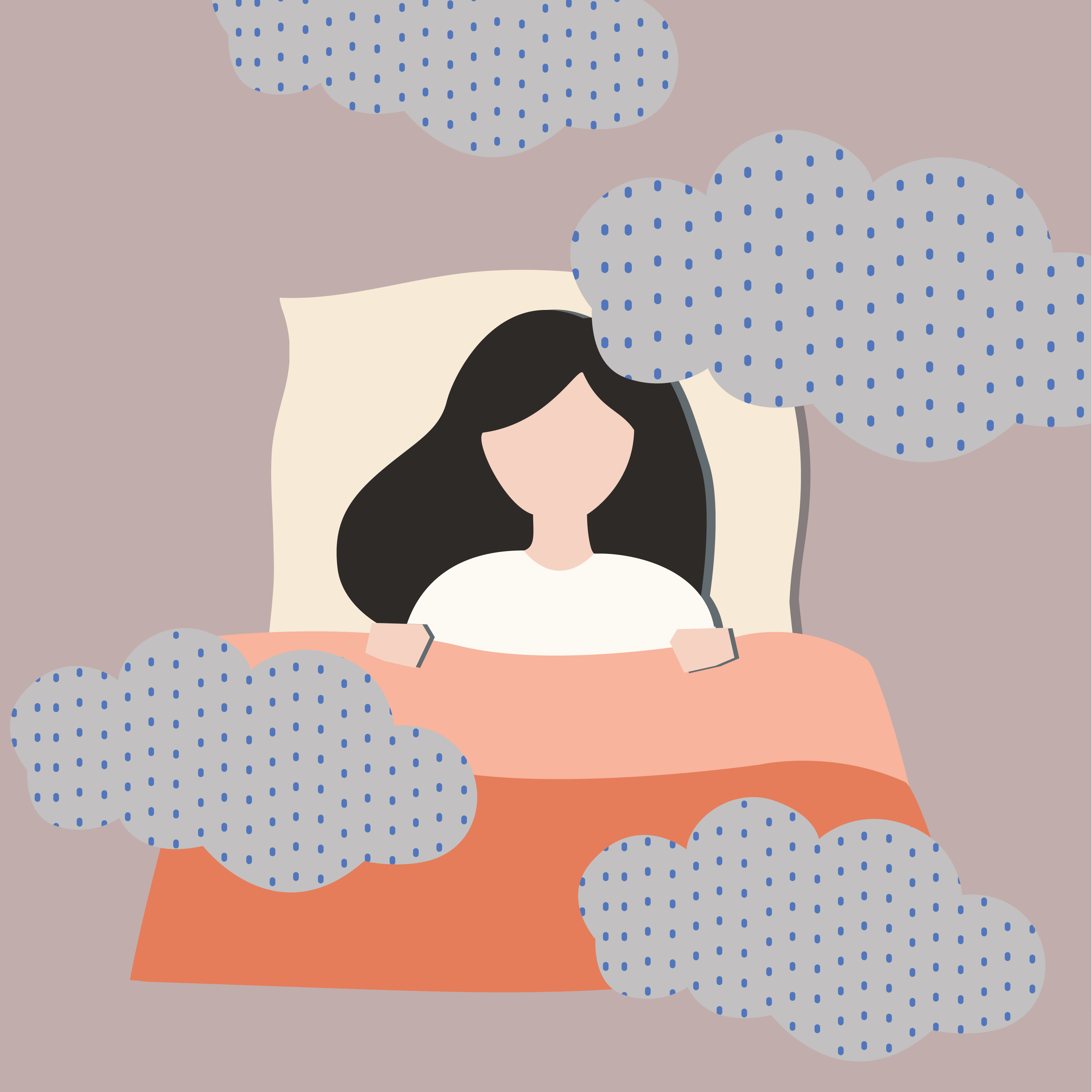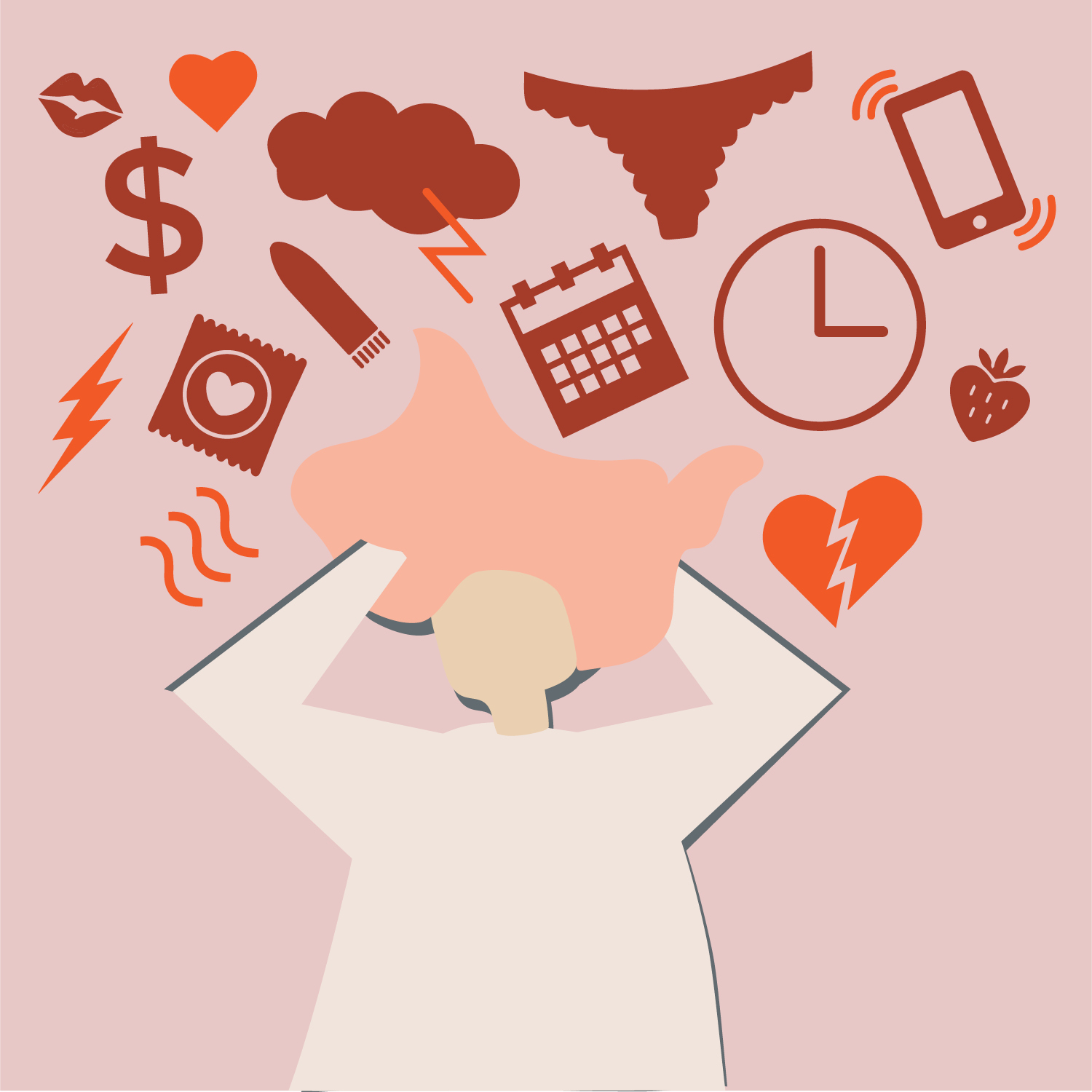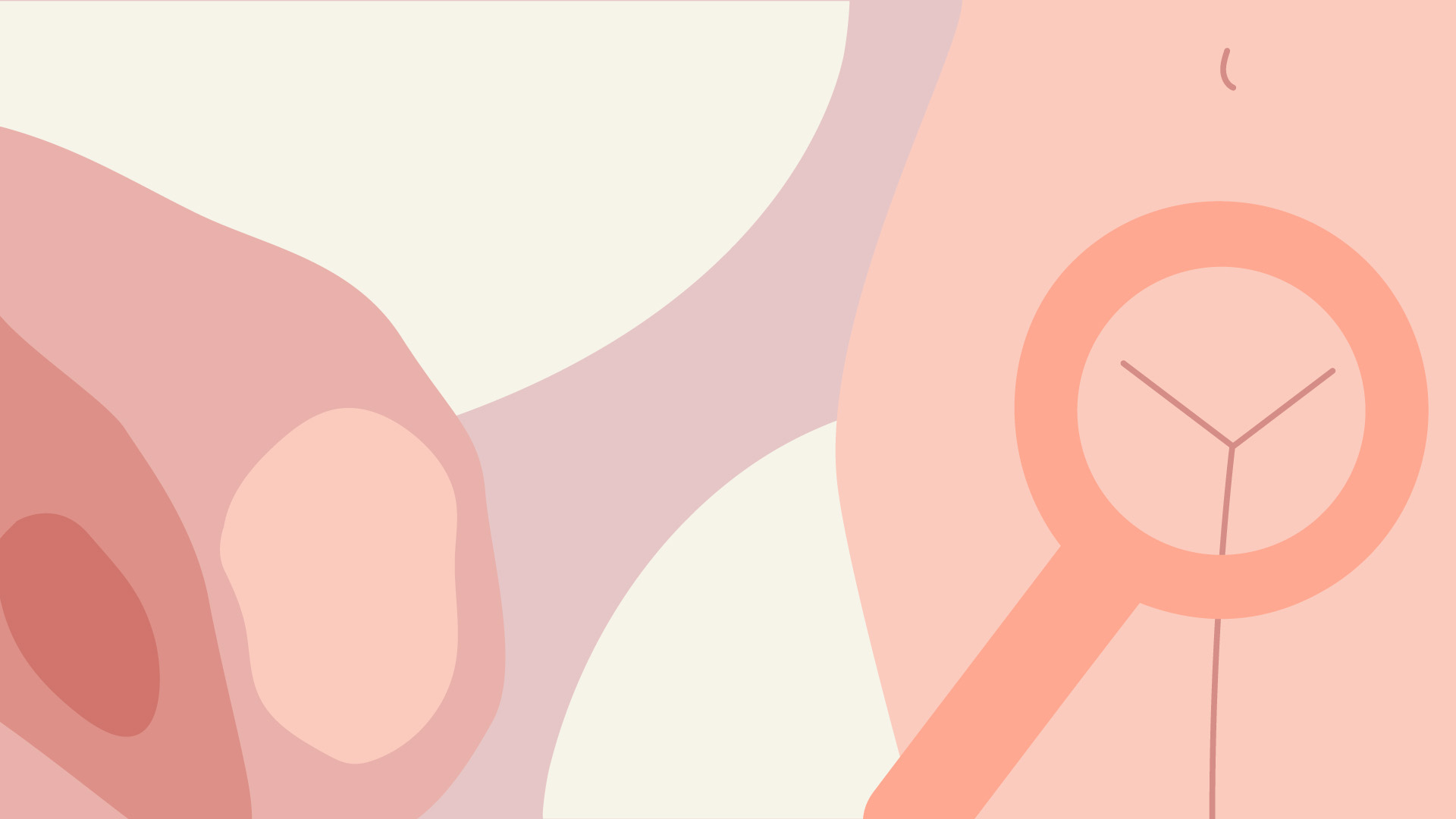Jan 07, 2026
MISCONCEPTIONS ABOUT VAGINAL CYSTS
Noticing a small lump in your vaginal area can be an quite an unnerving experience. It’s easy for your mind to race and go straight to the worst-case scenarios. An infection, something contagious, or even cancer. But often, what you’re feeling is something far less alarming: a vaginal cyst. These are quite common and, in most cases, completely harmless. These small, fluid-filled bumps are a natural part of how the body responds to tiny changes, yet they’re rarely talked about. Which is why they can feel more concerning than they are.
What Are Vaginal Cysts?
Vaginal cysts are small, fluid-filled sacs that form just under the skin along the vaginal wall. They’re usually benign, meaning they aren’t cancerous or dangerous, and they often don’t cause any pain. Many people only discover them accidentally, during a medical exam or simply while washing.
They develop when one of the vaginal glands becomes blocked. That blockage traps a bit of fluid, creating a small bubble under the surface. It can feel like a soft bump, and while that can be surprising, it’s rarely a sign of anything serious. Think of it as the body responding to a minor change in its usual flow.
What Causes Vaginal Cyst?
There’s no single reason why a cyst forms. The causes can vary, but most arise from everyday physical changes or tiny blockages that happen without warning. The most common types include:
- Bartholin’s cysts: These form when the Bartholin’s glands, found near the vaginal opening, become blocked and unable to release natural moisture.
- Inclusion cysts: Often appear after a small injury or childbirth, when skin cells get trapped beneath the surface.
- Gartner’s duct cysts: A type that can remain from early development before birth and occasionally persists into adulthood.
Sometimes friction, irritation, or even a mild infection can set the process in motion. But there’s usually no link to hygiene or sexual activity, which are often unfairly blamed.
Do Vaginal Cysts Hurt?
Most of the time, no. Many people have vaginal cysts for years without realising it. Pain tends to appear only when a cyst grows larger, becomes inflamed, or presses on nearby tissue. Even then, the discomfort is often mild, more of a dull ache than a sharp pain.
If you do feel tenderness or notice changes in size, it’s best to get it checked, not because it’s likely to be dangerous, but because reassurance from a professional can help you manage it properly.
Are Cysts Contagious?
It’s understandable to wonder are they contagious, especially when something appears in such a sensitive area. The answer is almost always no. Vaginal cysts are caused by internal factors, things like gland blockages or minor irritation, not by infections that can spread from person to person.
The only exception is if a cyst becomes infected due to an underlying sexually transmitted infection (STI). In that case, it’s the infection that could spread, not the cyst itself. Knowing that distinction can ease a lot of unnecessary fear.
Do All Vaginal Cysts Need Treatment?
Not usually. In fact, many resolve on their own. If the cyst is small and painless, your doctor might recommend leaving it alone and simply observing it over time.
When treatment is needed, it’s often simple and low risk. Warm sitz baths or compresses can encourage natural drainage and reduce discomfort. If a cyst becomes painful, infected, or particularly large, a doctor may perform a minor drainage procedure. Surgery is rarely required and is generally reserved for cysts that recur or cause ongoing issues.
Could a Vaginal Cyst Be Cancerous?
It’s natural for your mind to go there, any lump can trigger that fear. The reality, though, is reassuring: vaginal cysts are almost never cancerous. That said, any new or persistent lump should always be checked by a healthcare professional. Most of the time, that check-up ends with reassurance, not alarm.
Being cautious is wise. Being fearful isn’t necessary.
Can They Be Managed at Home?
If the cyst is mild, yes. Warm baths or compresses can help relieve pressure and promote healing. Avoid trying to pop or drain it yourself, as that can lead to infection. It also helps to wear breathable cotton underwear and avoid products that might irritate the area, such as scented soaps or tight clothing.
If pain, swelling, or discharge appear, that’s the point to seek medical help. Early treatment can prevent complications and make recovery much smoother.
The Bigger Picture
Vaginal cysts are common, often harmless, and far less alarming than they first seem. They don’t spread from person to person, they’re rarely painful, and they almost never point to something serious.
The best approach is calm awareness. If you notice a lump, acknowledge it, monitor it, and if something changes, see your doctor. That’s all most people ever need to do.
Understanding how these cysts form takes away much of the fear that surrounds them. They’re not a reflection of poor hygiene or anything you’ve done wrong, they’re simply a small quirk of how the body heals and repairs itself.
Anything else? Essity Australasia makes no warranties or representations regarding the completeness or accuracy of the information. This information should be used only as a guide and should not be relied upon as a substitute for professional, medical or other health professional advice.
Blogs

Jun 08, 2022
EXPLORING PERIOD CARE IN CULTURES AROUND THE WORLD
Our TOM Talks panelist Sabina McKenna explores how different cultures around the world approach period care.
Read More
Jun 08, 2022
STOP APOLOGISING FOR HAVING YOUR PERIOD
Our TOM Talks panelist Mel Mason talks about the importance of not apologising for having your period.
Read More
Jun 07, 2022
STRESSED? NOT SLEEPING? TRYING TO CONCEIVE?
TOM Talk's panelist Georgia Hartmann discussed the links between stress, sleep and fertility.
Read More
Jun 07, 2022
STRESS AND HOW IT AFFECTS YOUR SEX DRIVE
Certified sex coach Georgia Grace is here to unpack the link between stress and sex.
Read More
